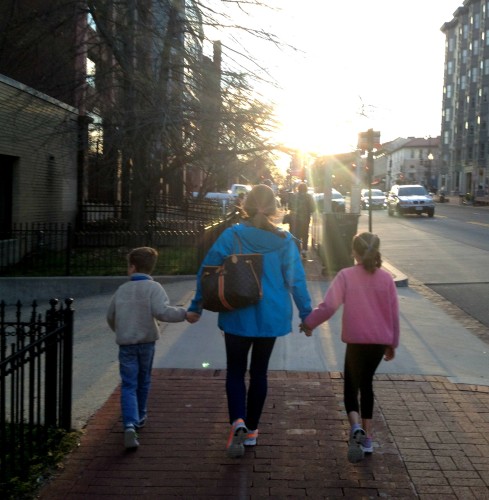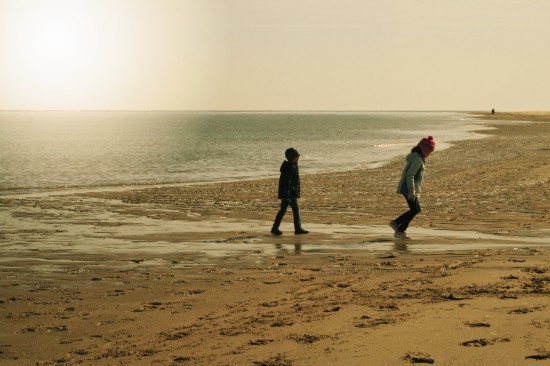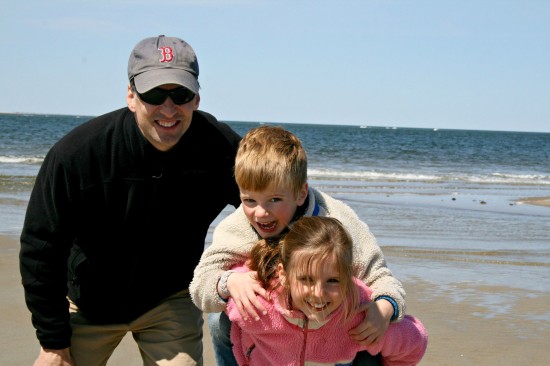I recently read Sheryl Sandberg’s Lean In. I know her work is controversial (though I’m not totally sure why, to be honest, after reading her book), and my goal is not to review the book. But I will say I loved Lean In. I found it supportive and inspiring, and while I agree there are big problems with the “system,” I was personally motivated by Sandberg’s focus on what we can do within the constraints of today’s reality.
Accepting the reality of right now, and embracing what is, is, of course, a big theme of my writing – and of my life. Where that begins to bleed into capitulating to things that are unacceptable is a topic for another day.
People ask me a lot how I “do it all.” The truth is, of course, that I don’t. None of us does. I’m not the only person who has written extensively on this topic, nor am I the only one to conclude that the definition of “it all” is both an intensely personal and a vitally important thing.
Lean In triggered a cascade of thoughts and reflections for me. One was that discussion of “work-life balance” (a term I personally dislike) tends to fall into two categories: big picture theorizing and granular advice. The former is complicated, and all I can say for sure is that any discussion of the topic of working and mothering touches some deep ocean of feeling buried deep inside me, as enormous as it inchoate. Within a page or two of any book or article on the subject, I am in tears. I need to spend more time thinking about what those feelings are.
It is the latter category that I want to talk about today. No matter what it is that each of us juggles – and while I know that that assortment looks different for each of us, I also know that almost everyone’s plate feels hugely full – we all have tricks for minimizing dropped balls.
My appetite for talk about these particular, specific strategies is almost endless. I love to hear about the ways that others make it all happen, and always learn something when the conversation turns to this topic. I wanted to share some of the tactics that make life work for me right now. None of these are rocket science. But they help me. I’d love to hear your tricks and strategies:
- Living close to both my kids’ school and my office. Limiting my commute has made being engaged in Grace and Whit’s school lives (drop off every day, occasional pick up, conferences) feasible. It has had costs, of course: we live in a small house and do not have a yard. But every time we talk about it, Matt and I conclude that this is the right choice for now.
- Pack lunches the night before. Always, without exception.
- Early bedtimes. For the children and for me.
- Pick your battles. Grace goes to school every single day in black leggings. She loves them and has 5 pairs. Do I love the look? No. Is it easy, and – more importantly – does it make her happy to have control over this choice? Yes. It also simplifies and smoothes the morning routine.
- If you have a spare 5 minutes (early to an appointment, finished with grocery shopping faster than planned) fill up the car even if it doesn’t need it or get cash at the ATM even if you don’t need it. You will be glad you did.
- Treat your babysitters extremely well. I don’t ever cancel within a few days without offering to pay, and I usually round up when settling. I’m never late. I over-communicate. And as a result: I have hugely loyal babysitters who go out of their way to help. It makes a big, big difference.
What are some of your particular pieces of advice for managing a very full life?



